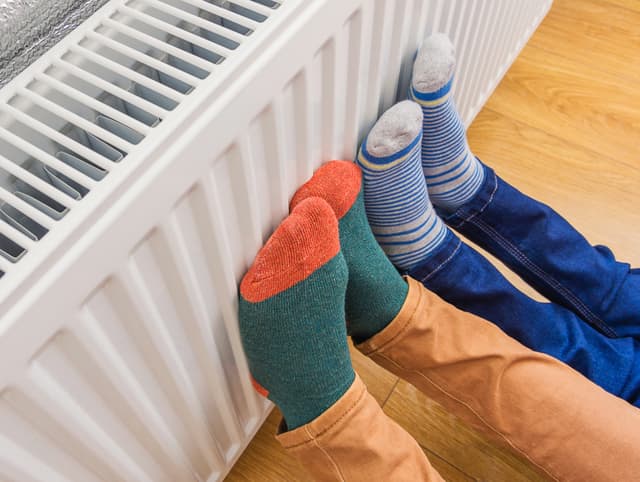Energy
As an energy customer, you have a right to a high standard of service from your energy supplier or network operator.
The Commission for the Regulation of Utilities (CRU) protects your customer rights. You'll find the main rules here to help you understand your rights when dealing with your energy supplier or network operator.
Customer Charter
Every energy supplier must publish a Customer Charter. The Charter guarantees the supplier's Code of Practice. It sets out:
- The services they provide.
- Their service quality levels.
- How they compensate customers when they don't meet service quality levels.
Energy network operators (ESB Networks and Gas Networks Ireland) must also publish a Customer Charter.
Every energy supplier must publish their Codes of Practice on their website. It explains the standard of service you're entitled to when dealing with them. This covers marketing, billing, disconnections, complaint handling and vulnerable customers.
Marketing and advertising
When suppliers are marketing and advertising their products and services, they must:
- Be fair and transparent
- Make sure customers are not pressurised or exploited for sales by their employees. For example, using their inexperience or vulnerability.
- Be accurate and use plain, accessible language
- Make household customers' tariffs easy to find on their website.
Customer sign-up
When suppliers contact customers by phone for marketing purposes, they must give:
- Their name and contact details
- The company they are calling from.
If a supplier calls to a customer's door, they must:
- Show an ID card with their name, photograph and the supplier's name and contact details.
- Give the customer a copy of the doorstep checklist before the sales pitch begins. The checklist sets out the information they must give.
- When a customer tells the supplier that they don't wish to continue, the supplier must end the contact.
A supplier can only contact customers for marketing between:
- 9 am and 9 pm on weekdays
- 9 am to 7 pm on Saturdays.
They can't contact customers on:
- Christmas Eve
- Public or Bank Holidays
- Sundays.
If a customer tells the supplier they aren't to contact them again for marketing, the supplier must:
- Log the request
- Remove that customer from their marketing database.
Electricity and Gas Supplier Handbook
One way the CRU discharges our responsibility to protect customers is through the Electricity and Gas Suppliers’ Handbook. The handbook acts as the ‘rulebook’ for suppliers with regard to all interactions with energy customers. The handbook is a mix of principles and rules which all suppliers must adhere to.
The handbook is split into a number of codes of practice for issues such as billing, disconnections, complaint handling, vulnerable customers, etc. The handbook also contains a number of codes for non-household customers which suppliers must also comply with providing protections for small and medium sized businesses (SMEs).
The CRU manages the handbook and conducts reviews to take account of developments in the energy market.
Electricity and Gas Supplier Handbook
The Electricity and Gas Supplier Handbook places requirements on energy suppliers and sets out the minimum levels of service that licensed energy suppliers are required to adhere to in their interactions with energy customers.

